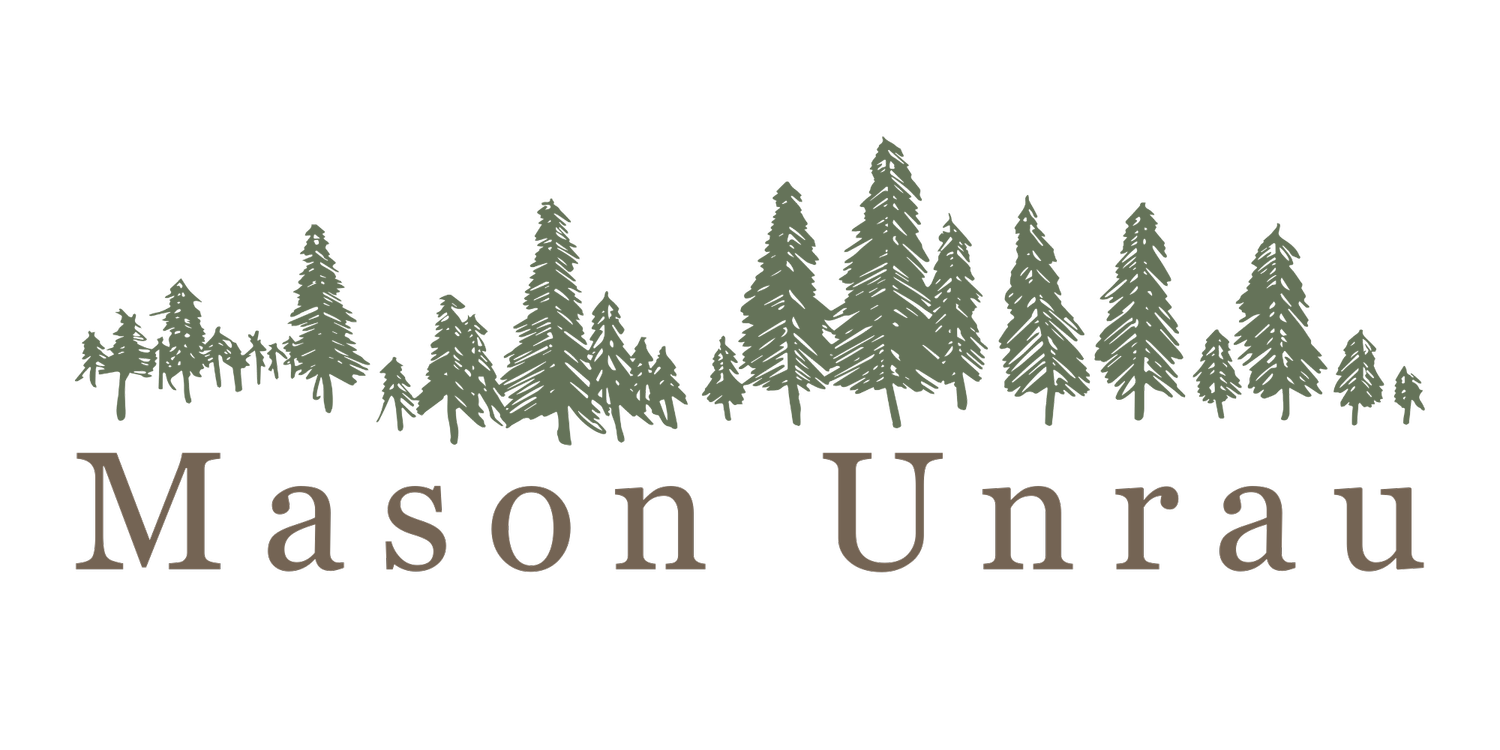Cons of Convenience.
“Wherever we look in this food chain, there is a sacrifice of caring stewardship of the land, good farming, and economic sustainability for those doing the most work.”
In past writings, I've briefly discussed my frustration for our drive to make life more convenient or easy than it was for the generations before us. I hope to explain this seemingly, irrational or privileged viewpoint in this post.
The first example of my objection to convenience is industrialized food. I want to ensure you that I occasionally indulge in 'fast food,' which contradicts my convictions and I have to reconcile that. Now that I have confessed, I want to examine how our push to make our desires more accessible has negatively impacted society. When we feel an impulse or desire for something salty like fries from the golden arches, or something sweet from the royal dairy dispensary, it is pretty easy for us to satisfy that urge. Unless our economic situation stands in the way, we can get in our vehicles, drive to the window, make an order, and our craving is gone within minutes. Now requiring even less effort, we can order it on our phones. Before I lose your attention because you have to make an order, totally unrelated to what I just mentioned, let's think about what was required for this convenience to occur.
The food we just picked up from our quick dining establishment of choice has experienced a significant transformation. Often these foods we buy for the sake of convenience have been enhanced in a lab to be as addictive as possible. They satisfy our cravings, unlike most whole food and therefore create a customer base that returns so they can fulfill an incessant, vivacious hunger. Before the food becomes transformed into special meals of fleeting happiness, there is a required style of farming to 'meat' demand. We could point toward the unethical treatment of animals, the degradation of land, or the crops that need so much fertilizer that surrounding bodies of water become toxic algae breeding grounds. Wherever we look in this food chain, there is a sacrifice of caring stewardship of the land, good farming, and economic sustainability for those doing the most work. What was once just a quick meal before an upcoming activity permits a surrendering of many guidelines we consider integral to health or, at the very least, would not want to happen in our backyard.
One of the most significant modern time savers is vehicles. They turn week-long trips into days, hour-long walks into minutes, and have saved countless lives in their ability to transport people quickly. I give them the benefit of the doubt because I'm unsure if vehicles have killed or saved more people, and it is likely impossible to know. The reality that it is impossible to know should have been a red flag that told us to pause before they became fundamental aspects of modern life. But how did we get to vehicles? They were a replacement for horses, which was more convenient because we no longer stressed over husbandry or feeding or caring for an animal. Instead, those responsibilities transferred into the hands of specialists called mechanics. We removed the burden from intimately knowing our means of transportation and having a relationship with it to now requiring the knowledge of others. I could go back through the entire production line of a vehicle, all the way to destructively, extracting the necessary resources to build them to elaborate on this separation. However, I think we can see that our desire to move quicker through the world was an early step in disconnecting ourselves from the natural rhythms that bring about the health of a community, rather than individual expediency.
In my experience of convenience, food and transportation are two fundamental culprits in the deterioration of intentionality and societal health. There are many other examples, and I haven't even opened the treasure chest of condemnation I have for technology, which I realize is ironic as I type on a laptop. Many inventions and advancements of our modern world are adopted and integrated to the point where removing them is outlandish. I do not think everyone should remove all time-saving assistance; however, we would have more resilient communities and relationships if we did. When we voluntarily rely on one another and our local ecosystems, time and relationships are filled with love instead of ease and swiftness.
I hope these questions are provoking, and thank you to everyone who has recently subscribed to my monthly letters. If you made it this far, it would mean a lot if you shared this with someone who may enjoy it or commented or sent me a message, sharing your thoughts or retorts.
















